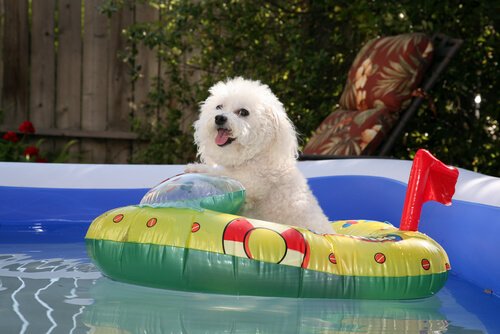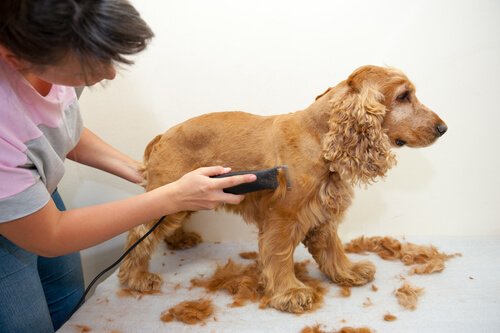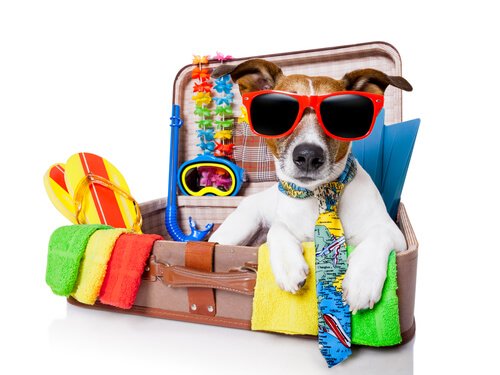How To Get Your Dog Ready For Hot Weather

It’s very important to get your dog ready for hot weather. The heat, going on trips, and all kinds of things related to the sun and vacations can be hard on your dog.
Summer is usually the best time of the year for people who don’t live in the tropics, but the heat can be uncomfortable, or even overwhelming for dogs. That’s why you need to follow the steps below to make sure your dog has a good time when you take them on a sunny vacation destination!
Why do you need to prepare your dog for hot weather?
There are some specific things about summer that can be hard for dogs. Things like the heat, trips, constantly being in and out of the house…These can all be an issue for your dog because it’s a change in their routine.
So, what can you do to keep your dog (or other pets) from suffering in hot weather? Well, there are some things you can do to prepare them, like a haircut, keeping them hydrated and deworming them.
How to get your dog ready for the summer
Hydration
Hydration is absolutely essential for keeping your dog healthy during the summer. Think about how hard it can be to be outside when it’s hot. Well, it’s even worse for dogs because they’re much more sensitive to the heat.
Luckily, pet stores sell portable dog water bottles and bowls. With these on hand, your dog can drink whenever they need to and stay hydrated even when it’s out of the house.
Haircuts and hair treatments
It’s good to take your dog to a professional groomer at the beginning of the summer. A lot of breeds need it in order to stay cool but just remember: it can get expensive. Sometimes all you need to do is brush out their dead fur from their winter coat.

Where should you leave your dog when you’re traveling?
This is one of the biggest problems pet owners have when trying to take a trip. There are a few options. You could leave it with someone you trust, but your dog needs to know them already. You trust them, but your dog might not quite yet, which could lead to stress and anxiety.
You can also leave it at a doggy daycare or a dog hotel. Just be careful when you’re choosing, because some of them don’t take as good care of our pets as they should.
With this, it’s best to visit the place beforehand and make sure it has good hygiene and enough space for your dog to be happy.
Traveling with your dog
Traveling can be stressful for dogs. For example, some of them get nauseous in the car. So, if you’ve decided your dog is going to come with you on vacation, you need to plan well and talk to your vet to make sure you take all the necessary steps.

It’s also good to get your dog used to be in the car and a travel crate before the trip. You can start by traveling short distances and by frequently going on short trips. By the time you go on a real trip, your dog will feel much calmer in the car.
Your dog’s health
Your dog will be going outside a lot more and be in contact with a lot more dogs in the warm climate regions or during the summer. So, you should make sure to have your dog de-wormed to prevent infections.
Bathing and swimming
Don’t force your dog to get into the pool or the ocean. Some breeds love swimming, but others don’t. If your dog is scared, don’t force them to get in the water — that could be a traumatizing experience. It’s also important to remember to give their fur the right treatment after it gets out.
You can get your dog ready for the hot weather with just a few simple changes. Your dog will be able to have a much better time in the heat with you and your family. Plus, both you and your dog will be able to relax, knowing that you did everything that was necessary for your dog to handle the heat.
